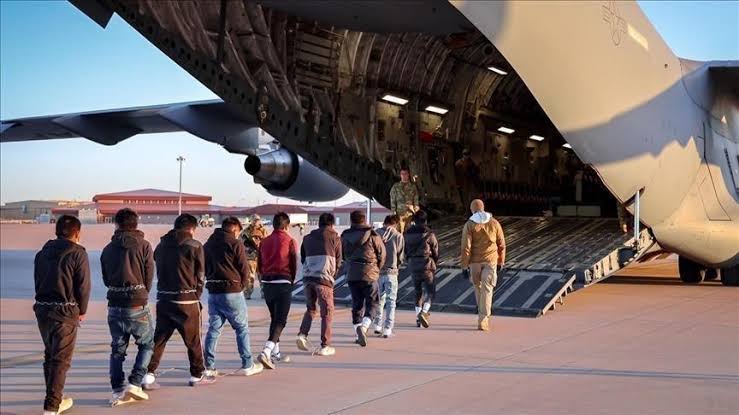
Faith Nyasuguta
France has officially closed the chapter on its military era in Senegal, handing over its final two military bases to Senegalese control in a landmark ceremony that signals the end of its permanent presence in both West and Central Africa.
On Thursday, French and Senegalese officials gathered as France returned Camp Geille – its largest base in Senegal – along with its airfield at Dakar’s airport. Senegalese Chief of the General Staff Mbaye Cisse and General Pascal Ianni, commander of French forces in Africa, led the symbolic event that sealed the military pullout.
This withdrawal brings to an end a 65-year chapter of French boots on Senegalese soil, reflecting a wider trend across Africa as former colonies steadily reject Paris’s lingering military influence. Over 350 French soldiers who had stayed behind to conduct joint operations with the Senegalese army are now departing, finalizing an exit that started in March this year.

General Cisse called the base handovers “an important turning point in the rich and long military journey of our two countries.” General Ianni echoed this, saying France is “reinventing partnerships in a dynamic Africa” and that both nations are “turning a page in the military history of our two countries… a very special relationship essential for the region.”
The move follows Senegal’s dramatic political shift under President Bassirou Diomaye Faye, who won elections last year promising sweeping changes. He demanded France withdraw its remaining soldiers by the end of 2025 – a demand France now meets ahead of schedule. But unlike other former French colonies that have cut all military ties with Paris, Faye has maintained that Senegal will continue to collaborate with France on other fronts.
Still, Faye has not held back on calling for a reckoning with the colonial past, urging France to officially apologize for brutal acts like the 1944 massacre at Thiaroye, where dozens of African soldiers who fought for France during World War II were killed by French forces after demanding unpaid wages.
France’s exit from Senegal mirrors similar exits across its former African empire. In February, Paris returned its last base in Ivory Coast, ending decades of operations there. A month earlier, France gave up the Kossei base in Chad, its final stronghold in the Sahel region.

The trend is part of a massive reshuffle driven by political upheavals across the Sahel. Coups in Mali, Burkina Faso, and Niger between 2020 and 2023 have brought military leaders to power who have expelled French forces – some 4,300 soldiers in total – and instead pivoted towards Russia for security support in fighting Islamist insurgencies. The Central African Republic has similarly demanded a French exit while welcoming Russian mercenaries in their place.
France now retains only one permanent base on the continent – in Djibouti, in the Horn of Africa – which hosts about 1,500 troops and will serve as its main military hub for operations in Africa going forward. In Gabon, the French army has turned its base into a shared facility with the local government, further shrinking its solo military footprint.
The Senegal handover marks a powerful symbol of Africa’s shifting stance toward its old colonial ruler – a statement that countries once tightly tied to France are increasingly asserting independence over their security decisions, alliances, and futures.
RELATED:








